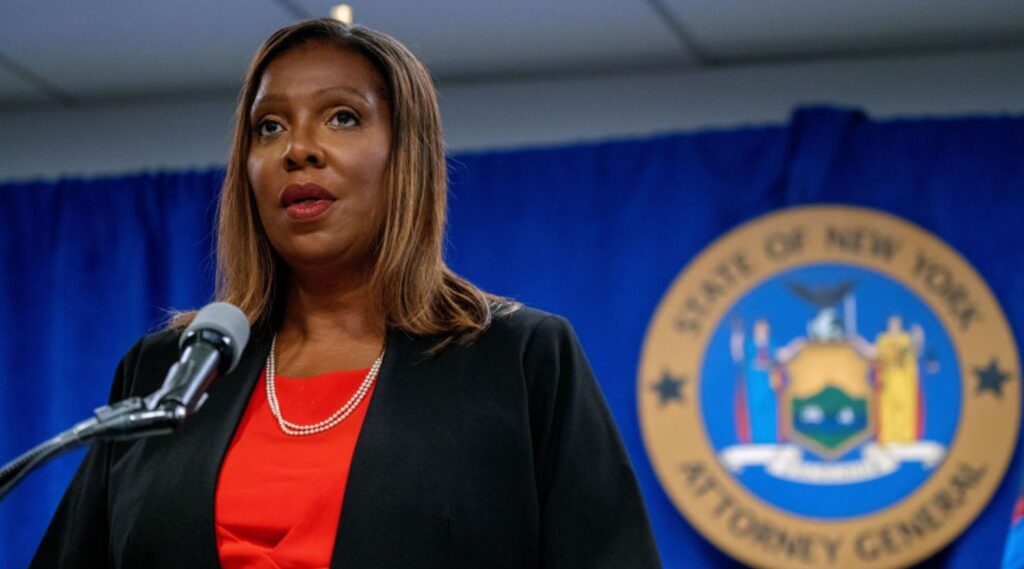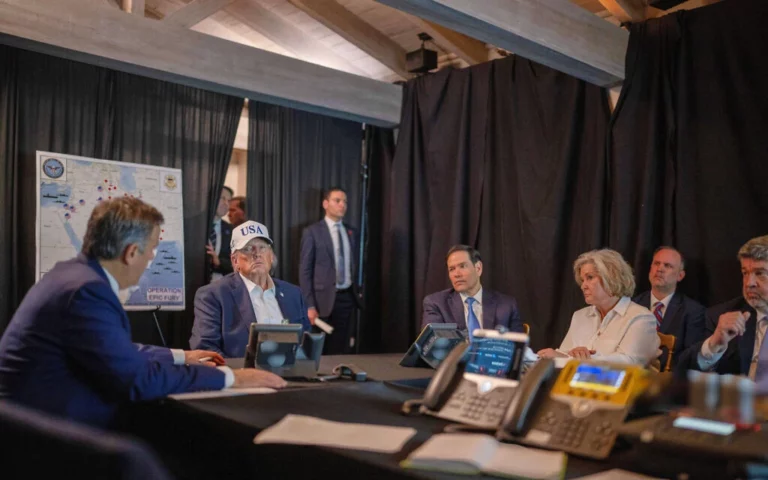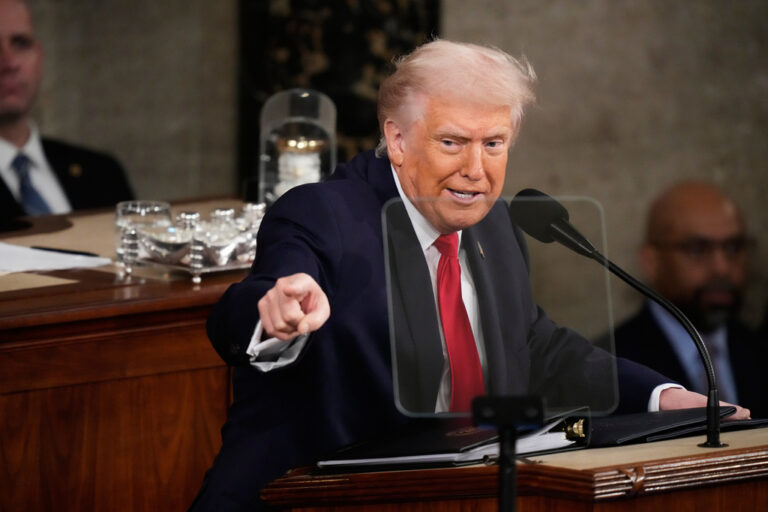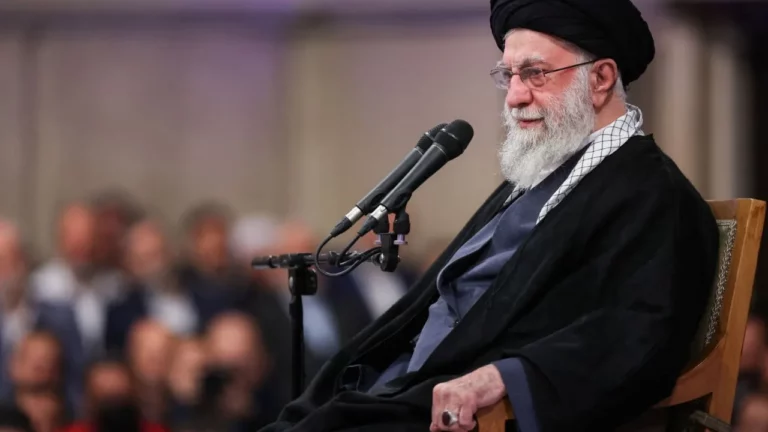In the annals of American political theater, few storylines are as richly ironic as Thursday’s federal indictment of New York Attorney General Letitia James. The Democrat, who built her career on a crusade against Donald Trump, now finds herself on the receiving end of a Justice Department probe she decries as “desperate weaponization.”
This turn of events isn’t just poetic justice—it illustrates how the left’s long-standing flirtation with lawfare against conservatives has sown the seeds of its own backlash, eroding public trust in institutions and inviting the very retaliation she now laments.
Let’s rewind to 2018, when James was campaigning for attorney general. Eager to burnish her progressive credentials in a Democratic primary, she didn’t mince words about her intentions toward the incoming president. “We should never forget that the President of the United States is not above the law,” James declared on election night, vowing to “shine a bright light into every dark corner of his real estate dealings.”
This wasn’t a post-investigation promise; it was a preemptive pledge, made months before she even took office. As New York Public Advocate, James had already been a vocal Trump critic, but her rhetoric escalated into a explicit commitment to probe the Trump Organization, his foundation, and his personal finances—jurisdictions conveniently headquartered in Manhattan.
Critics warned at the time that such declarations smacked of prosecutorial bias, inverting the principle that investigations must be impartial, driven by evidence rather than electoral ambition.
True to her word, James delivered. Her office launched a multi-year civil probe, culminating in a 2022 lawsuit accusing Trump and his company of fraudulently inflating asset values to secure loans and insurance.
The case, presided over by a judge with well-documented anti-Trump donations, resulted in a staggering $450 million judgment (later reduced on appeal).
Conservatives rightly viewed it as a textbook example of the “weaponization” narrative Trump popularized: a state enforcer, elected on anti-Trump fervor, wielding regulatory power to hamstring a political rival. James’s approach echoed the broader Democratic strategy—think Manhattan DA Alvin Bragg’s novel revival of a dormant federal statute to indict Trump on hush-money charges, or Fani Willis’s Georgia election probe, marred by conflicts of interest. These weren’t blind applications of justice; they were calibrated strikes in a partisan war, often stretching legal norms to ensnare a common foe.
Fast-forward to today. and the script has flipped. A federal grand jury in Virginia—under a Trump-appointed U.S. Attorney, Lindsey Halligan—indicted James on Thursday on one count of bank fraud and one count of making false statements to a financial institution.
The charges stem from her 2020 purchase of a Norfolk, Virginia, property, where she allegedly misrepresented it as a secondary residence to secure a favorable $109,600 mortgage, only to rent it out as an investment—potentially saving her nearly $19,000 in interest.
This comes hot on the heels of James Comey’s indictment in the same district for lying to Congress, another Trump nemesis.
James’s response? A fiery statement branding the case a “continuation of the president’s desperate weaponization of our justice system.”
She insists her Trump probe was “based on the facts and the evidence, not politics,” and vows to fight the “baseless charges” while continuing to “protect New Yorkers.”
Democrats like Gov. Kathy Hochul and House Minority Leader Hakeem Jeffries echoed the outrage, decrying it as Trump’s “corrupt” revenge.
The hypocrisy is breathtaking. James, who campaigned on targeting Trump before any whiff of wrongdoing surfaced in her office’s files, now cries foul at the prospect of facing similar scrutiny. Her indignation rings hollow when one recalls how she and her allies dismissed Trump’s repeated claims of DOJ bias under Biden—labeling them “conspiracy theories” while cheering the 91 felony counts piled on him across four jurisdictions. If “weaponization” means bending the law for political gain, James helped pioneer it. Now, with Trump back in the White House, the pendulum has swung, and she’s learning that what goes around comes around—faster than she imagined.
To be clear, the rule of law demands evenhandedness, not tit-for-tat score-settling. Trump’s public calls for James’s prosecution—via Truth Social rants demanding she “be arrested and punished accordingly”—were intemperate and unwise, risking the very institutional decay he decries.
Yet the underlying allegations against James warrant investigation; career prosecutors reportedly found insufficient evidence initially, but a grand jury disagreed.
If the charges hold water, it’s accountability, not retribution. And if they don’t? That’s for the courts to decide, free from the partisan taint James injected into her own pursuits.
This episode underscores a deeper conservative critique: The left’s decade-long weaponization of legal institutions— from the Russia collusion hoax to endless Trump impeachments—has normalized politicized justice, breeding cynicism and division. James’s plight is a microcosm: a prosecutor who preached “no one is above the law” now embodies the peril of preaching it selectively.
As Tish James is now learning the hard way: Play with fire, and you get burned.
(YWN World Headquarters – NYC)












One Response
Thank you YWN for a well written, clear and lucid explanation of why and how Ms James is totally wrong and hypocritical in this situation. The honesty about Trump’s childish rants really helped support the credibility of the writer (in other words, the weaknesses we all see in this man whom we hope will succeed should be acknowledged, and recognizing them even when he is “right” lets us appreciate who he is as well as who he is not). I would love to see the left’s rebuttal to this article….